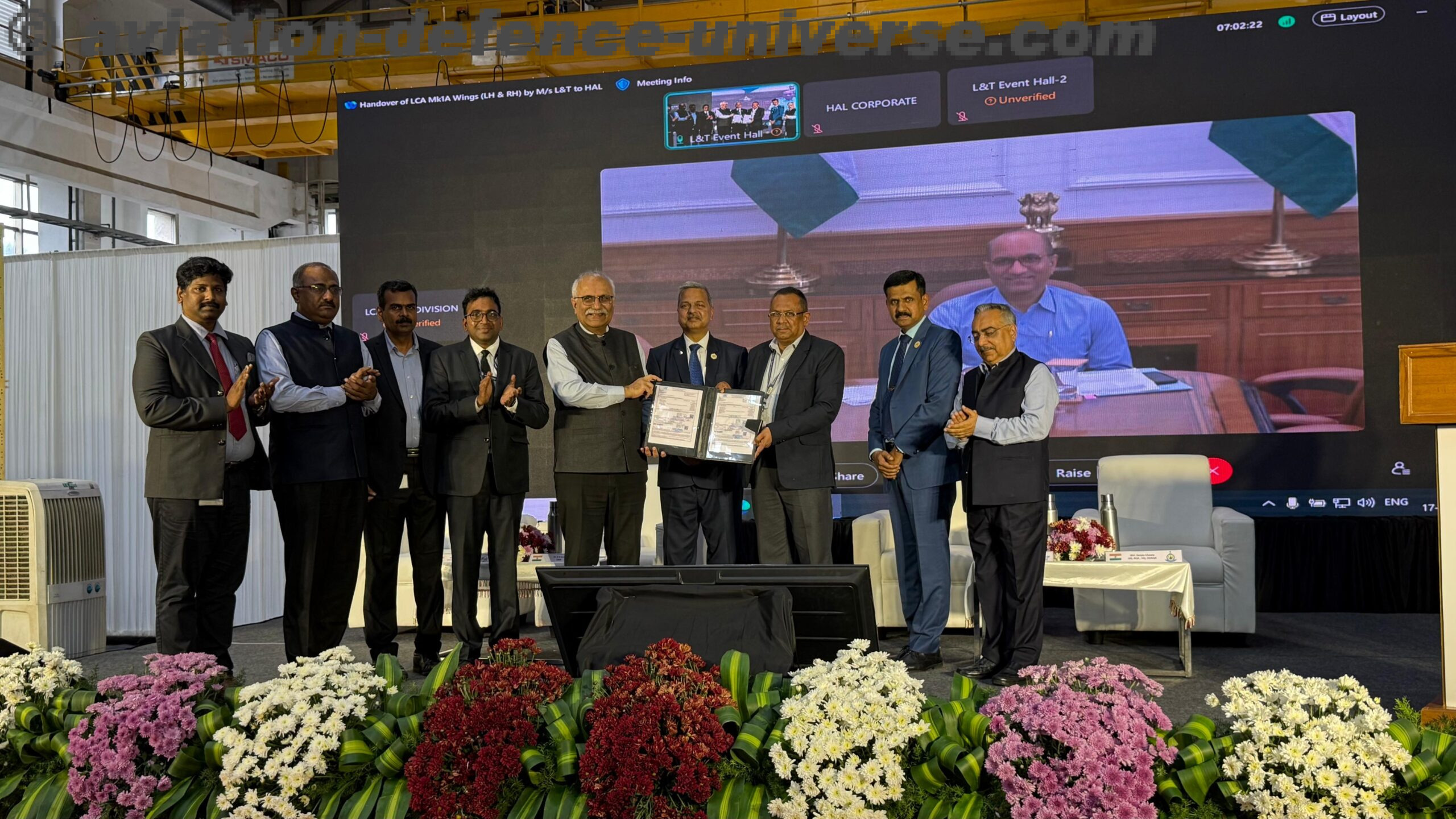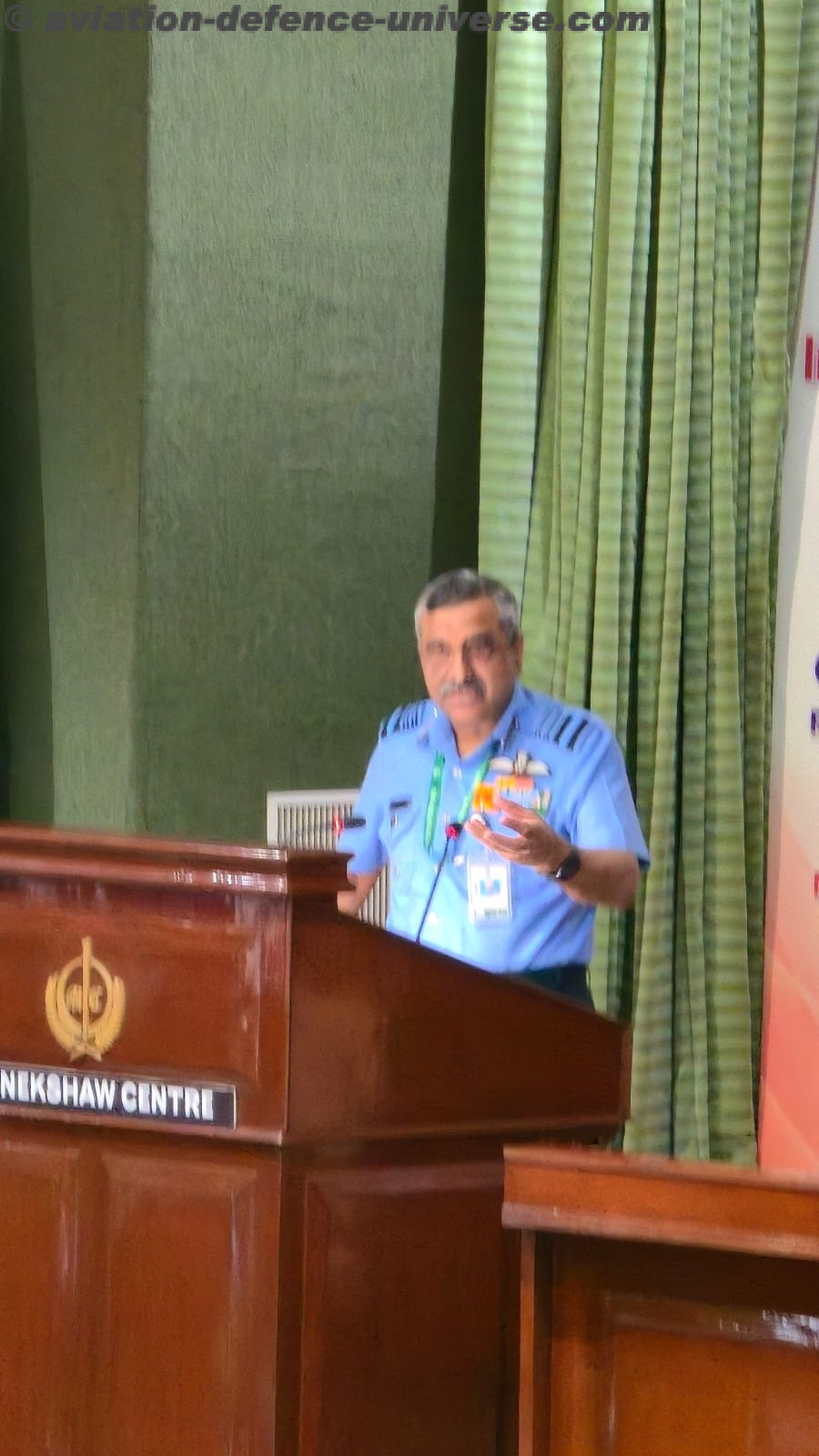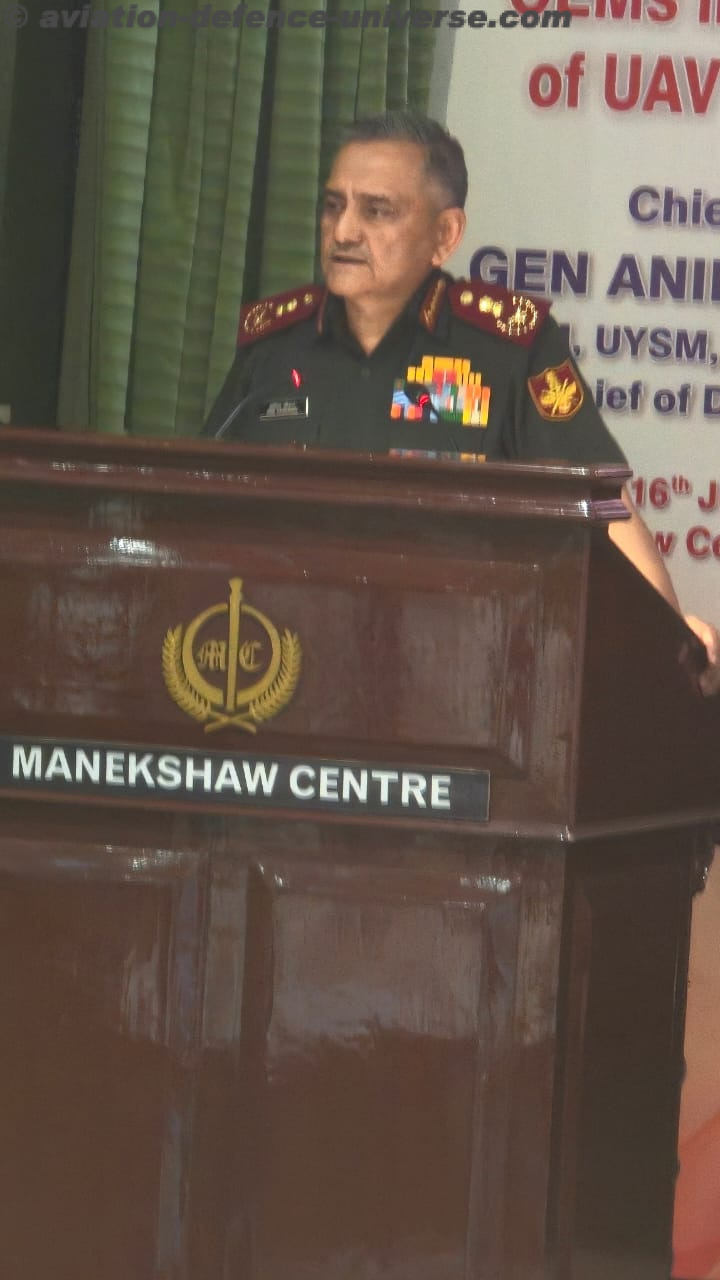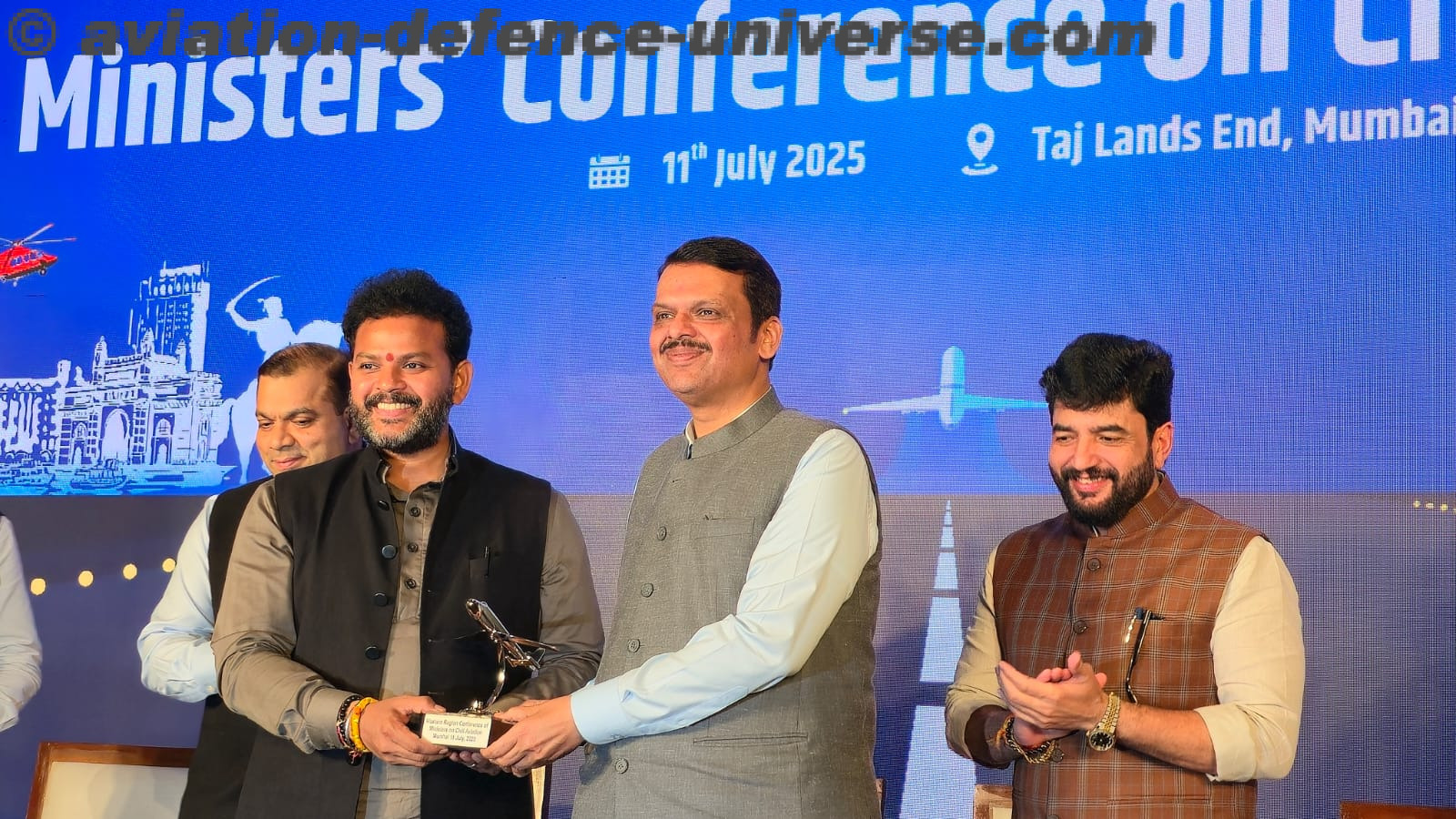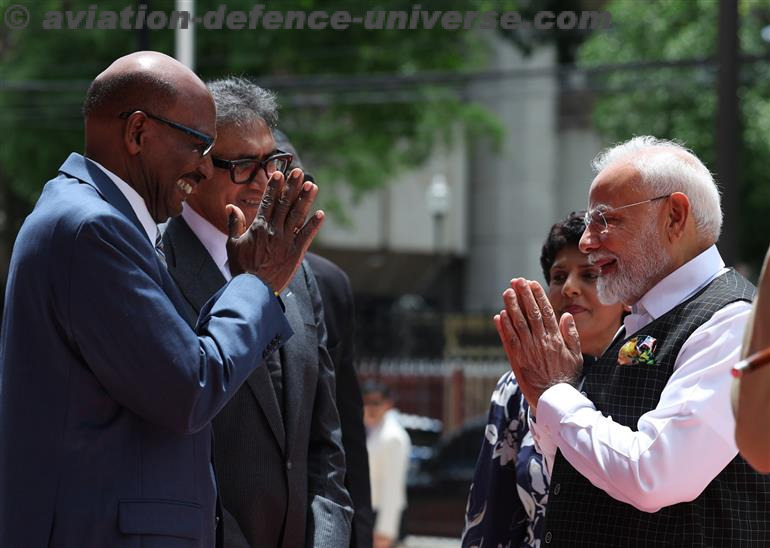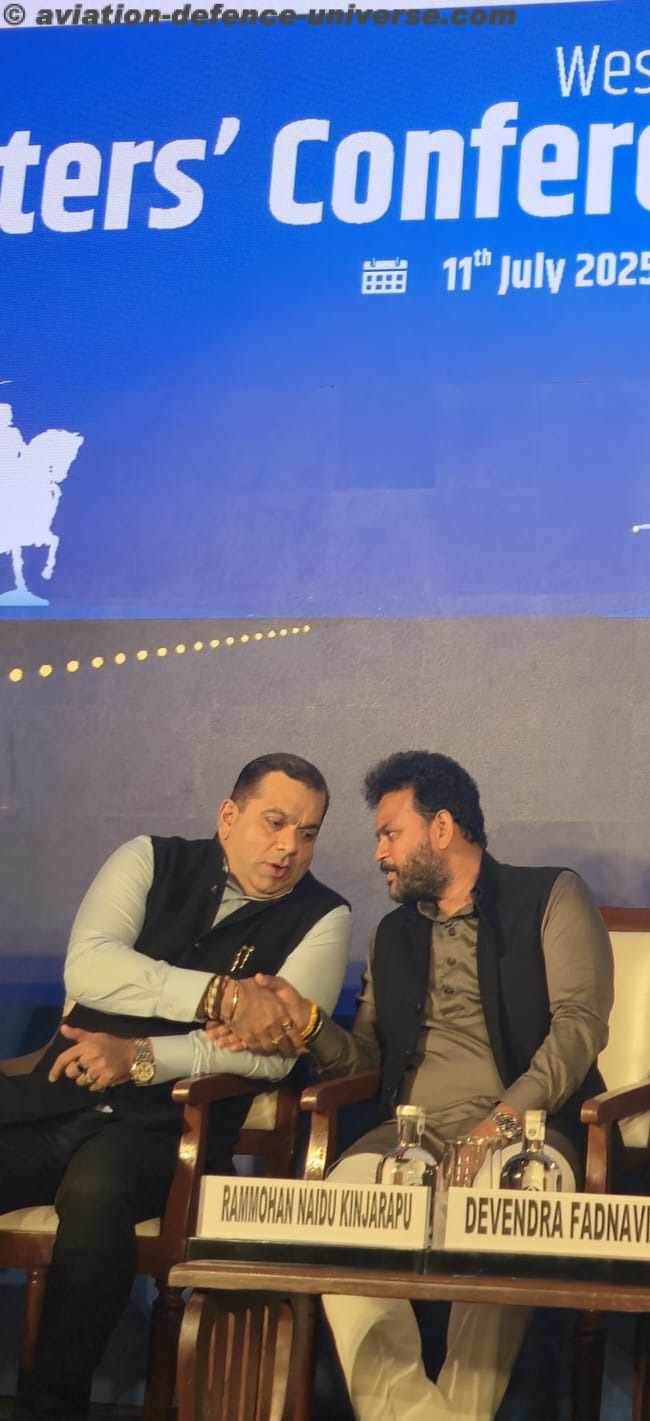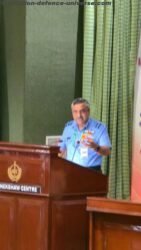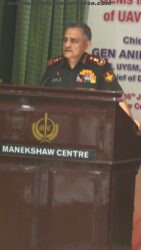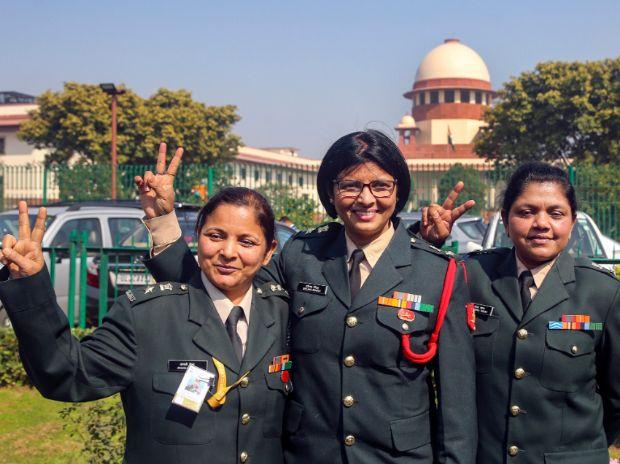
- Supreme Court has upheld the Delhi High Court order on permanent commission to women in the Army.
- Indian Army asked by apex court to change its mindset
By Sangeeta Saxena
New Delhi. 18 February 2020. It was a red letter day for the lady officers of the Indian Army and a day to celebrate. The apex Indian court has upheld the Delhi High Court order on permanent commission to women officers.Supreme Court also directed the Centre to grant permanent commission within three months to all women officers in Army who opt for it and all terms of appointments of women officers shall be same as their male counterparts.
It says contentions of centre, regarding the issue of physiological limitations & social norms to deny an opportunity to women officers is disturbing & can’t be accepted. Short Service Commission (SSC) women officers are eligible for permanent commission and command posts in the Army irrespective of their years of service, said the Supreme Court order.
“The time has come for a realisation that women officers in the Army are not adjuncts to a male dominated establishment whose presence must be ‘tolerated’ within narrow confines,” a Bench of Justices D.Y. Chandrachud and Hemant Gupta said in judgment.
But the catch is that infantry which doesn’t have women commissioned officers stays untouched by this decision. They are still barred from serving in combat arms including Infantry, Mechanized infantry, Armoured Corps and Artillery.
Judgment recorded that the policy statement had endorsed permanent commission for SSC women officers in 10 streams of the ‘Combat Support Arms’ and ‘Services’ sections Signals, Engineers, Army Aviation, Army Air Defence, Electronics and Mechanical Engineers (EME), Army Service Corps, Army Ordinance Corps and Intelligence in addition to the existing two streams of Judge Advocate General (JAG) and Army Education Corps.“The policy decision of the Union government is a recognition of the right of women officers to equality of opportunity,” the apex court noted.
The Indian government agreed last year to give permanent commissions to women, but said it would only apply to female officers who had served less than 14 years .Aishwary Bhati, one of the lawyers representing female officers, said the government’s decision denied women a route to leadership positions.
Short Service Commission women officers Anjali Bisht, Seema Singh and Sandhya Yadav all three Lt. Colonels were elated at the court premises on the delivery of the judgement. A total of 11 women had moved the Delhi High Court in 2010 upon completion of their 14-year service under the Short Service Commission (SSC) seeking permanent commission. Total number of petitioners in this case reached 70 this year. Politician and advocate Meenakshi Lekhi fought the case pro bono.
Though command positions for women have always been a bone of contention in the Indian Army the court held that a blanket ban of women SSC officers from command posts cannot be sustained by law. “An absolute prohibition of women SSC officers to obtain anything but staff appointments does not fulfil the purpose of granting permanent commissions as a means of career advancement in the Army,” Justice Chandrachud wrote.
The court held that since command appointments were not automatic for men officers, so would it be for women. It was left to the Army to take a call on a case to case basis.
“The composition of rank and file being male, and predominantly drawn from rural background, with prevailing societal norms, the troops are not yet mentally schooled to accept women officers in command,” the Centre said in an affidavit.
In its verdict, the Supreme Court noted that the arguments presented by the Centre were “contrary to its own policy” of 2019 on extending permanent commission options for women. It observed that the Centre’s arguments for opposing permanent commission roles by citing physiological features perpetuated “gender stereotypes”.
It is not a victory for a course or courses of women commissioned in the Indian Army, it is a victory for generations of women officers of past, present and future. It is a step ahead in motivation of generations of girls in India who dream of making a career in the Indian Army but are scared of the gender divide in it . Now they can hope to get equal opportunity and also get treated as equals in the force.












